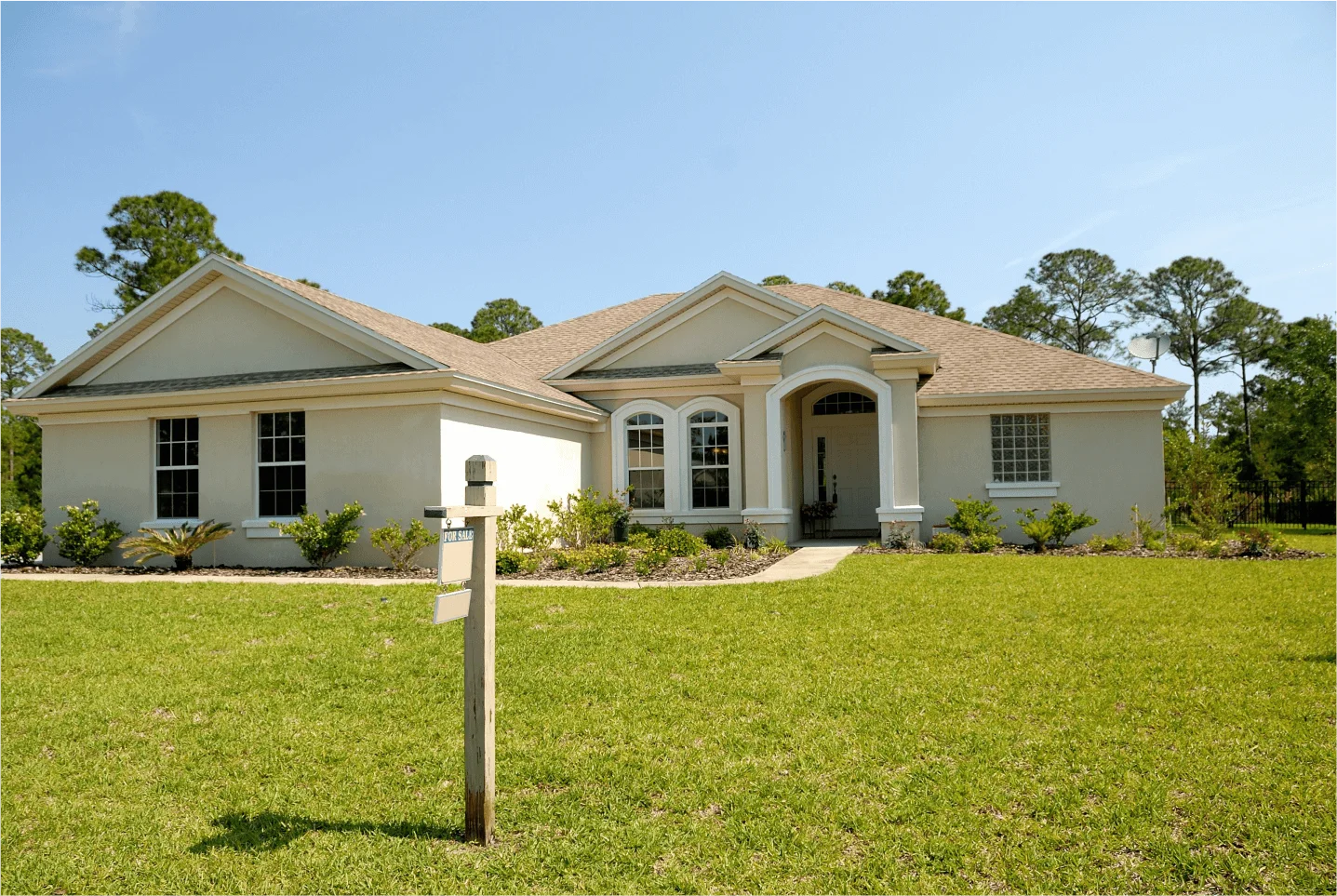
When it comes to deciding whether to rent or buy a home, many people find themselves at a crossroads. This decision can feel overwhelming, but it is essential to approach it thoughtfully. Understanding the pros and cons of renting versus buying can help you make an informed choice that aligns with your financial goals and lifestyle preferences.
Renting a home often appeals to those who value flexibility. A rental lease typically lasts for a year or two, allowing you to relocate easily if necessary. This can be a significant advantage for individuals who may need to move for work or personal reasons. Renting also means you are not responsible for maintenance and repairs, which can be a relief. If something goes wrong, such as a broken furnace or a leaky roof, your landlord is usually the one who handles the issue, freeing you from unexpected expenses.
However, renting comes with its own set of downsides. For one, your monthly rent payments do not build equity. When you rent, you are essentially paying someone else’s mortgage, which means you are not investing in your future. Over time, this can add up to a considerable amount of money that could have been used to build your wealth as a homeowner. Additionally, rental prices can fluctuate, and you might find yourself facing rent increases when your lease is renewed.
On the other hand, buying a home can provide stability and a sense of ownership. A mortgage payment often remains consistent over time, unlike rent, which can increase. When you own a home, you also have the opportunity to build equity through your mortgage payments as well as through any appreciation in the value of your home. This can lead to long-term financial benefits, such as having a valuable asset that you can borrow against or sell in the future.
However, homeownership also comes with responsibilities. As a homeowner, you are responsible for maintenance, repairs, and property taxes. These costs can add up and should be factored into your budget when considering buying a home. Additionally, buying a home usually requires a significant upfront investment, including a down payment and closing costs. It’s essential to ensure you are financially prepared for these expenses before making the commitment to buy.
One crucial aspect to consider is your current financial situation. Assess your savings, income, and any debts you may have. This will help you understand how much you can afford, whether you decide to rent or buy. A budget can be a helpful tool in this process. By tracking your income and expenses, you can determine how much you can allocate toward housing costs while still meeting your other financial obligations.
Another factor to consider is your lifestyle and future goals. Are you planning to stay in the same area for an extended period? If you anticipate relocating soon, renting might be the better option. However, if you see yourself settling down and perhaps starting a family, buying a home could be a wise investment. Think about your career plans, family needs, and personal preferences when making this decision.
Understanding the housing market in your desired area is also crucial. Research the neighborhoods you are interested in and look at trends in home prices and rental costs. Some areas may offer better value in terms of buying versus renting. Additionally, consider the amenities and services available in those neighborhoods, as this can impact your overall satisfaction with your living situation.
If you decide that buying is the right path for you, it is beneficial to get pre-approved for a mortgage. This process can help you understand how much you can borrow and what your monthly payments might look like. Pre-approval can also give you an advantage when making an offer on a home, as it demonstrates to sellers that you are a serious buyer.
When you are ready to start looking for a home, think about what features are most important to you. Make a list of your must-haves, such as the number of bedrooms, outdoor space, or proximity to work or schools. This can help you focus your search and make the process more efficient. Remember that finding the perfect home may take time, so patience is key.
For those who still feel uncertain about whether to rent or buy, consider reaching out for personalized guidance. A skilled mortgage loan officer can help you navigate the complexities of home financing and answer any questions you may have about the buying process. They can also provide insights specific to your financial situation, ensuring you have the information you need to make the best decision for your future.
In summary, deciding between renting and buying is a significant decision that requires careful consideration of your financial situation, lifestyle goals, and the housing market. By taking the time to evaluate your needs and gather information, you can make a confident choice that will set you on the path to successful homeownership. If you would like to explore your options further and discuss your specific needs, we encourage you to reach out. Our team of knowledgeable mortgage loan officers is here to assist you every step of the way.